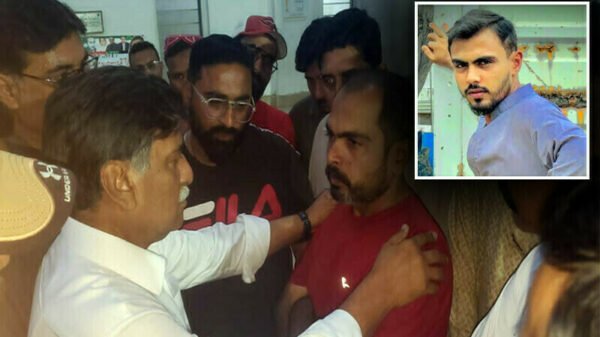In a dramatic twist, Trump later suggested deporting convicted Tesla vandals to El Salvador, a country known for its stringent prison conditions, hinting at a no-tolerance policy for such acts.
The attacks on Tesla no longer appear random but coordinated, with incidents increasing in frequency. Vehicles have been set on fire, showrooms hit by bullets and Molotov cocktails, and charging stations deliberately destroyed. The air is thick with the scent of burnt plastic and metal, as Tesla locations bear the brunt of escalating hostilities.
So far, no casualties have been reported, but the message is clear: Tesla, led by billionaire Elon Musk, has become a lightning rod for unrest.
Political Fallout and Growing Backlash
The surge in violence follows Trump’s return to the White House and his appointment of Musk as the head of the newly established Department of Government Efficiency (DOGE). Once celebrated for revolutionizing space travel and electric vehicles, Musk is now at the heart of a contentious political divide. His aggressive push for deregulation and federal cost-cutting has made Tesla a target.
What began as peaceful demonstrations—protests, boycotts, and social media campaigns—has escalated into outright vandalism. Tesla showrooms, once symbols of innovation, are now battlegrounds in a growing ideological conflict.
Tesla Under Fire
In Portland, an attacker reportedly threw Molotov cocktails at a Tesla showroom before returning days later to open fire on the building. In Tigard, a Seattle suburb, dealership windows were shattered twice in a single week.
Seattle has witnessed some of the most destructive incidents, including four Cybertrucks reduced to charred remains in a Tesla parking lot. In another case, a suspect was seen dousing a Model S with gasoline before setting it ablaze.
Las Vegas has also seen its share of destruction. A Tesla service center was hit with firebombs, with the word “RESIST” spray-painted across its doors. One assailant even fired rounds into the burnt-out wreckage before vanishing into the night.
Authorities are intensifying efforts to crack down on the perpetrators. Federal agents in South Carolina recently arrested an individual for setting fire to Tesla charging stations near Charleston.
Sociologist Randy Blazak attributes the attacks to Tesla’s visibility, noting, “Teslas are everywhere—they’re on our streets and in our neighborhoods, making them an easy target.”
From Innovation to Controversy
Once a Silicon Valley success story, Tesla is now one of the most divisive brands in America. During the Obama administration, the company benefited from government support, receiving a $465 million federal loan. Under Trump, however, Tesla has become synonymous with deregulation.
Musk’s political stance has further fueled tensions. His takeover of Twitter (now X) and advocacy for free speech won him favor among conservatives but drew backlash from liberals. His financial support for Trump’s campaign—reportedly around $250 million—has only deepened the divide.
His recent White House appearance alongside Trump, where the president showcased an $80,000 Tesla Model S, has further inflamed opposition. The discontent is not just ideological—it’s economic. Cybertruck resale values have dropped nearly 8%, and some Tesla owners now sport bumper stickers reading, “I bought this before Elon went off the rails” and “I just wanted an electric car. Don’t judge me.”
The financial impact is also evident in Tesla’s stock performance, which has plummeted 41.4% this year. The company’s market capitalization, once at $1.5 trillion in December, has fallen to $696 billion as of mid-March.
Musk Fights Back
Musk has condemned the attacks, sharing footage of the Las Vegas arson on X, calling it “insane and deeply wrong.” In a podcast discussion, he accused left-wing groups of organizing and funding the violence, stating, “We have evidence, and we are investigating.”
In response, Tesla has ramped up security, activating Sentry Mode on all vehicles at its stores to monitor suspicious activity.
With federal authorities now involved and tensions continuing to rise, Tesla is no longer just an automaker—it has become a flashpoint in America’s growing ideological divide.










